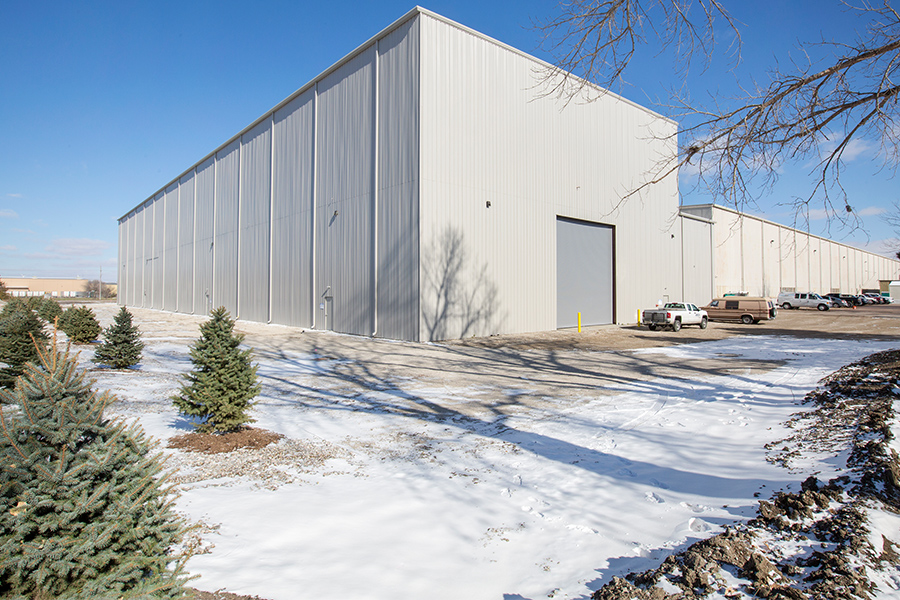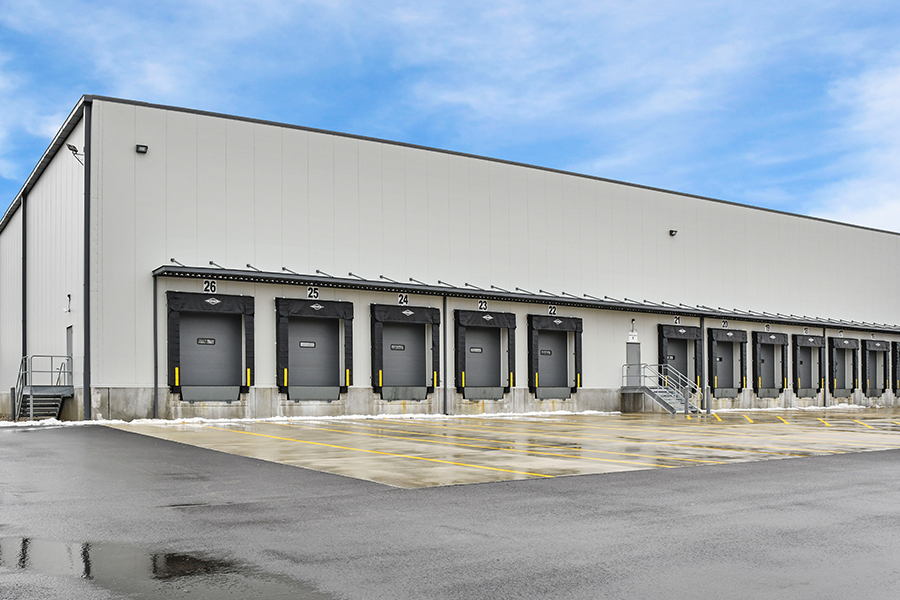CONCRETE CARE & OTHER TIPS FOR WINTERIZING YOUR FACILITY
As winter approaches and snow is already beginning to fall in some parts of the U.S., it’s important to know how to properly winterize a new facility, especially when it comes to caring for concrete. Although concrete is an extremely durable product, the proper care and maintenance is required in order to add value to an investment. The following tips will help keep your concrete free from damaging moisture and ensure its service life.

AVOID DEICING AGENTS
Do not apply deicing chemicals for snow and ice removal during a floor slab’s first winter. Deicers containing ammonium sulfate or ammonium nitrate should never be used, as they aggressively attack and deteriorate concrete surfaces. Products containing these chemicals are often packaged and sold as deicers. While they do melt ice and snow quickly, they will also rapidly disintegrate your concrete. When ice forms, sand may be applied to provide traction rather than rock salt or calcium. Rock salt and other deicers brought onto the concrete surface by vehicles should be hosed off the slab.

PREVENT MOISTURE WITH A SURFACE SEALER
While most concrete damage happens during the winter months, freezing temperatures will not affect the concrete without the presence of moisture. Anything that limits the amount of water on or around the concrete will lengthen its service life. ARCO recommends sealing concrete with a high quality sealer. The presence of a surface sealer before the onset of the first winter weather will minimize the amount of moisture that penetrates into the concrete, minimizing the likelihood of freeze damage when concrete is new and most vulnerable. Filling the concrete saw joints with a flexible expansion caulk material will also prevent moisture from getting underneath a floor slab.
Sealer Application Tips:
- A quality sealer should be applied prior to the first winter
- The fall months are typically the best time to apply a sealer
- The concrete should be completely dry before application
- Sealer can be applied with a paint roller or sprayed with an approved pump sprayer
- The sealer coat should be in addition to the cure and seal applied by ARCO at the time the concrete was poured
- The apron of the drive should be watched carefully and may require a heavier coating of sealer
- Resealing new concrete before the start of the second winter is also recommended
- After the second application, recoating every other year is recommended, depending upon the wear and conditions

ADDITIONAL WINTERIZATION TIPS
In addition to proper concrete care, there are also other aspects to consider when preparing your facility for winter.
- If you are using a service to clean your parking lots, verify their timing and that they are signed up to continue service throughout the winter
- Be sure to have your irrigation system winterized by a professional
- Make sure your HVAC system has been maintained and filters are changed
- If you have heaters for just the winter months, be sure to check that they are operating properly
- If equipment will be stationary throughout winter, make sure it is properly winterized, fuel is stabilized, etc.
- Make sure all vehicles have at least 1/4 tank of gas to avoid the chances of condensation in the fuel lines. If diesel fuel is used, make sure the block heater is operational and has a place to be plugged in
ARCO's turnkey solutions and best-in-class customer service.



